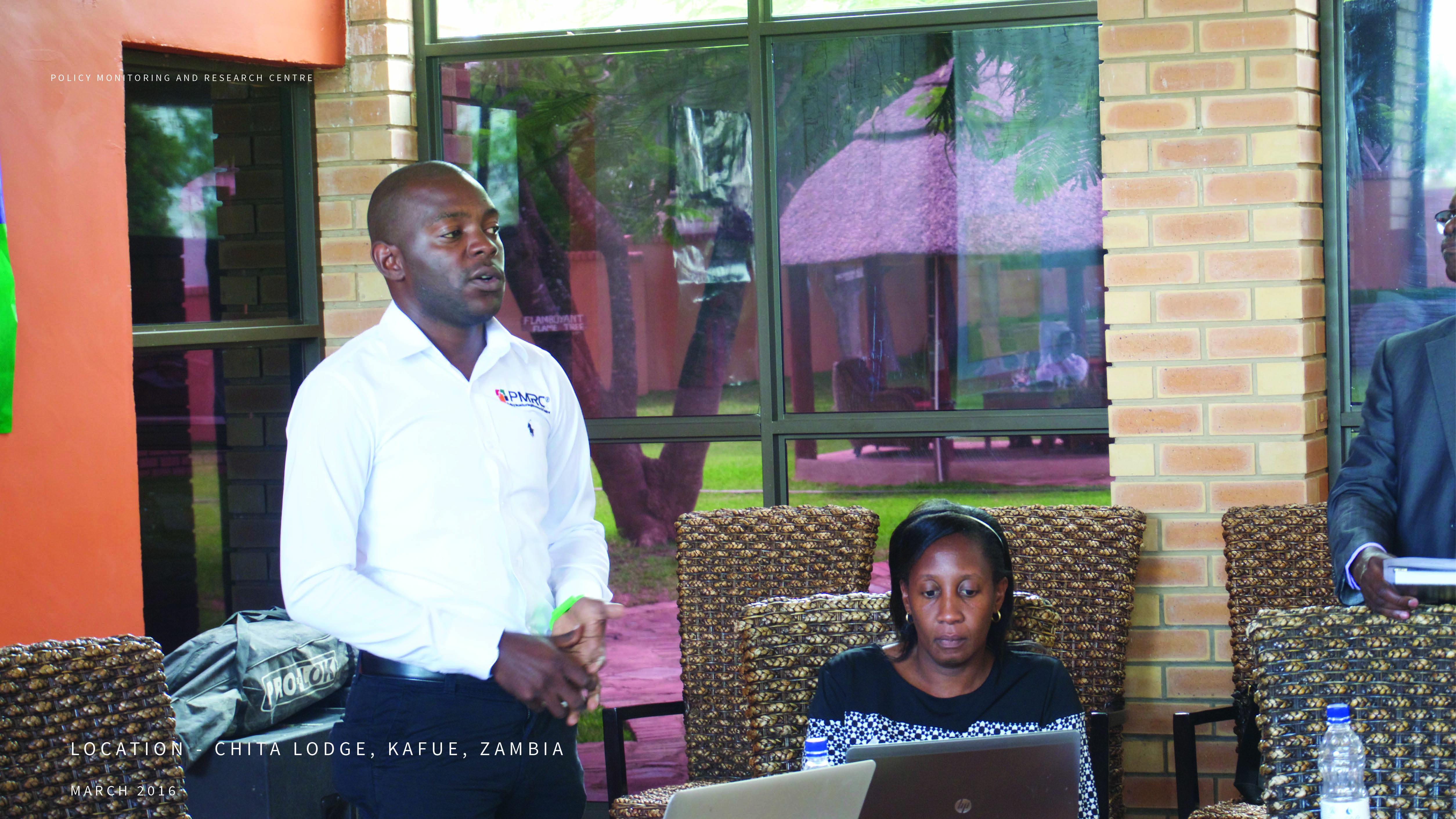The fisheries sub-sector in Zambia plays a significant role in the economy as it offers an opportunity for improved nutrition, income generation and job creation, resulting in general wealth creation and food security at national and household levels. At national level, the fisheries sub-sector contributes approximately 3.2% to the national Gross Domestic Product (GDP) (Second Agricultural Policy , 2016). Given the abundant water resources that Zambia has, the fisheries sub-sector has been identified as one of the avenues for agriculture and general economic diversification through enhanced and efficient capture fisheries and fish farming. At household level, the fisheries sub-sector is identified as one of the sectors that can provide additional protein. In addition to other sources such as livestock and crops, fish accounts for about 40% of protein intake in rural areas. This sector is key in efforts towards scaling up nutrition levels, food security and income generation. At household level, the fisheries sector contributes to household income through fishing activities as an income generating activity in some parts of the country.
Posts
[rev_slider alias=”Fisheries Workshop” order=”39,40,41,42,43,44,45,46,47,48,49,50,51″][/rev_slider]
The workshop agendas were;
- To assess and understand the status of the Policy environment governing the Fisheries sector (including status of the review and implementation of the National Fisheries and Aquaculture Policy)
- To enhance the role of fish in scaling up nutrition and attaining food and nutrition security.
- To access and understand the status of formal and informal cross-border Fish trade in Zambia.


